Partnership

This Program is partly supported by the partnership with the Patrick J. McGovern Foundation.
Why Technology and Democracy?
While the tech industry thrives, we are also living through a crisis of liberal democracy and trust. Researchers have shown that “trust crisis” is connected to the loss of a “shared reality”, including the ability to agree on basic facts or to argue disagreements civilly. Historian Yuval Harari suggests the crisis of liberal democracy, despite being multifaceted, “appears to be intertwined with current technological developments” and that it will likely worsen. Recently, revelations from the “Facebook whistleblower” Frances Haugen, seem to confirm what many scholars and some technologists have argued for a while: monetization imperatives shape functions and forms of mainstream social networks, which in turn are leading to antidemocratic processes, such as the amplification of hate and disinformation, hyperpolarization, and even anti-scientific theories that have regained followers. Our Technology and Democracy Program aims to nurture a civic-tech movement to bolster democracy in the digital age, respond to anti-democratic processes fueled online such as disinformation and produce actionable knowledge about the impacts of technology for societies.
Program Director Julie Ricard outlines the vision behind the Program in the blog post linked below.
(WEF, based on Edelman Trust Barometer)
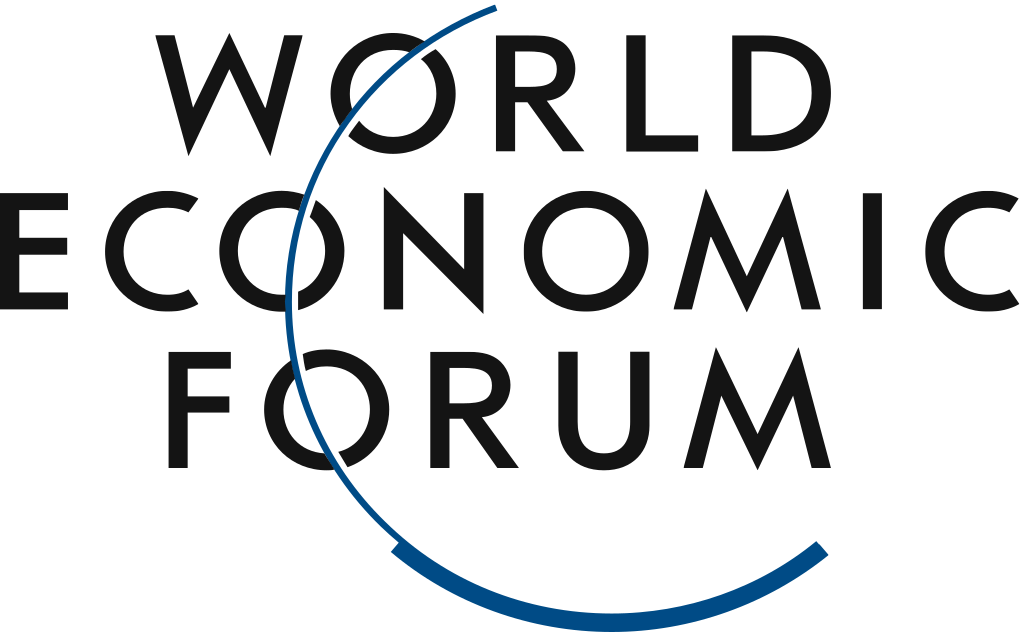
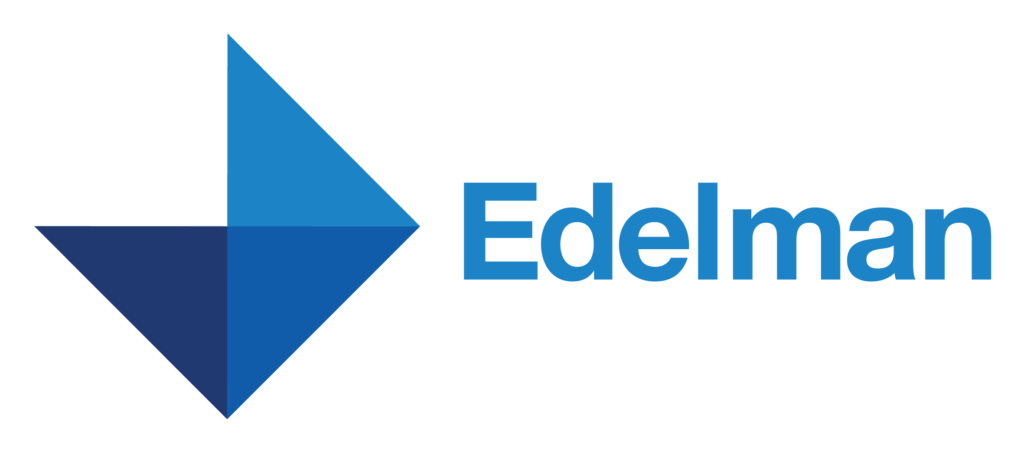
Methods
The work of this Program is carried out in conjunction with the media literacy organization Eureka (non-profit fostering social awareness) and by utilizing mixed-methods research and machine learning-based tools.
Products
Infocracy Studies in Global Majority Countries
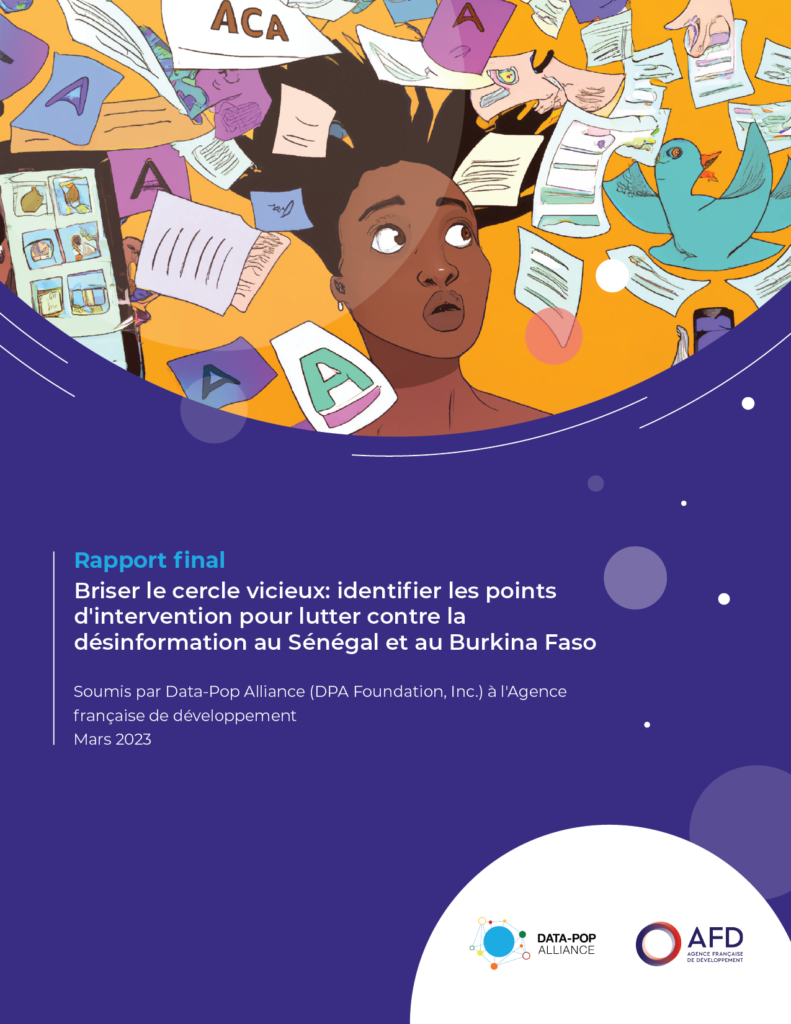
- Burkina Faso, Senegal, Sub-Saharan Africa (SSA)
- October 2022 - March 2023
- Partner(s): Agence Française de Développement - AFD (Funder)
DPA developed a comprehensive ecosystem approach to address the multifaceted nature of disinformation in two West African countries. Recognizing the need to examine disinformation beyond social media, our methodology considered the interconnected networks of online influencers, traditional media, and groups weaponizing (dis)information for socio-political purposes. We also investigated the underlying economic, political, and social motivations driving the weaponization of disinformation by powerful groups or individuals, and allowing false or inaccurate narratives to be anchored in society. This approach enabled pinpointing the most effective intervention points within the (dis)information cycle in Senegal and Burkina Faso, providing valuable insights and recommendations, particularly concerning the role of bilateral aid agencies such as AFD.

- Latin America and the Caribbean (LAC), Mexico
- February - June 2023
- Partner(s): Conexión Migrante, International Center for Journalists (ICFJ) (Funder), PolitiFact, Proceso, The Associated Press, VerificadoMX
To fill the information gap brought on by complex migratory processes, poor institutional communication, and lack of trust in authorities, Latin American migrant communities transiting through Mexico on their way to the USA often resort to the use of social media and instant messaging apps. While sometimes a source of helpful information, these are also polluted with disinformation and scams, ranging from alleged “opening” days/hours of Mexico’s northern border, to fallacious legal advice, to false job and visa offerings. In collaboration with Conexión Migrante, VerificadoMX, PolitiFact and The Associated Press, the DPA team investigated the business models that leverage and finance the disinformation that can put migrants’ lives at risk. The investigation was published by multiple media outlets, including our partner Proceso.

- Brazil, Latin America and the Caribbean (LAC)
- November 2024 - January 2026
- Partner(s): Align (Advancing Learning and Innovation on Gender Norms) by ODI (Funder), DRPC (Development Research and Projects Center)
Technology-facilitated Gender-Based Violence (TF-GBV) against women in politics is an increasing, global concern for democracies. It is situated within the rising anti-gender and anti-feminist backlash and further aided by resistance from technology companies for greater regulations of their activities and responsibility to prevent and address such violence. This research project is implemented in partnership with Align and seeks to identify how social (gender) norms and other factors shape political parties’ responses to TF-GBV against women in politics in Brazil and what practices can be adopted by political parties to address it and to create a more enabling environment. A partner organization will be conducting similar research in Nigeria.
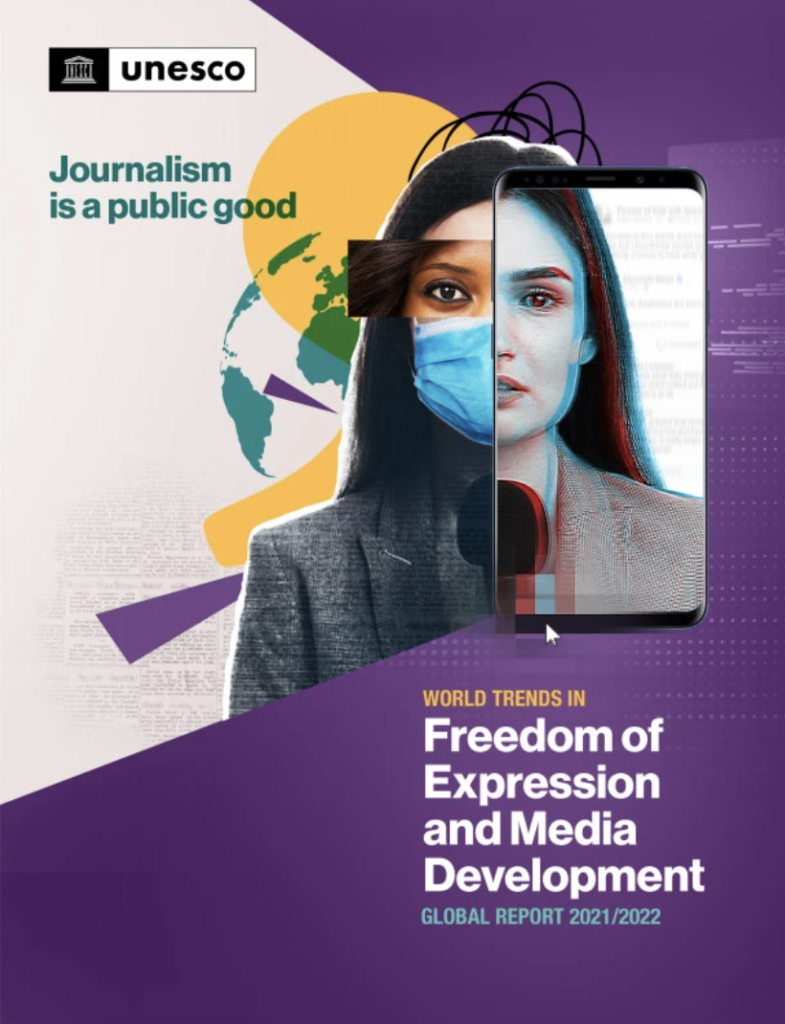
- Global
- January - August 2021
- Partner(s): UNESCO (Funder)
DPA worked alongside UNESCO to develop an analytical methodology and data partnerships to monitor and understand the status of press freedom and media development worldwide. DPA collected and analyzed over 150 data sources to produce comprehensive, data-driven evidence on global and regional trends in media freedom, media pluralism, media independence, and safety of journalists, all examined through a gender-sensitive perspective. The results were incorporated into UNESCO’s flagship publication “World Trends in Freedom of Expression and Media Development Global Report 2021-2022”.

- Brazil
- April 2020
- Partner(s): Harvard Kennedy School Misinformation Review
With over 30,000 confirmed cases, Brazil is currently the country most affected by COVID-19 in Latin America, and ranked 12th worldwide. Despite all evidence, a strong rhetoric undermining risks associated to COVID-19 has been endorsed at the highest levels of the Brazilian government, making President Jair Bolsonaro the leader of the “coronavirus-denial movement”. To support this strategy, different forms of misinformation and disinformation have been leveraged to lead a dangerous crusade against scientific and evidence-based recommendations. The article was published by the Harvard Kennedy School Misinformation Review.
Book and Movie Clubs for Social Change
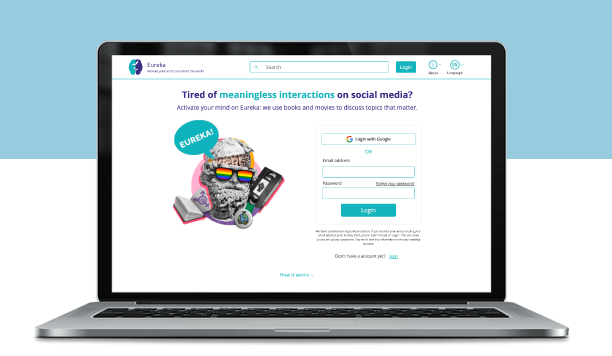
- Global
- January 2021 - Currently available
- Partner(s): Eureka
Eureka is the first Book and Movie club platform built expressly for social change. Non-profit and non-extractive, it gives readers and viewers a space to discover works on a shared theme, debate them in a safe community, and turn the insights that emerge into concrete action. Eureka’s premise is simple: culture sparks conversation, and engaged conversations spark change. Each club—co-curated with partner NGOs, universities and grassroots groups—uses carefully chosen books or movies as a springboard for “Eureka moments”: personal revelations powerful enough to ripple outward and transform the collective.
Developed through a Mozilla Foundation fellowship, Eureka shows how storytelling can ignite deep dialogue, build community and inspire positive social engagement.
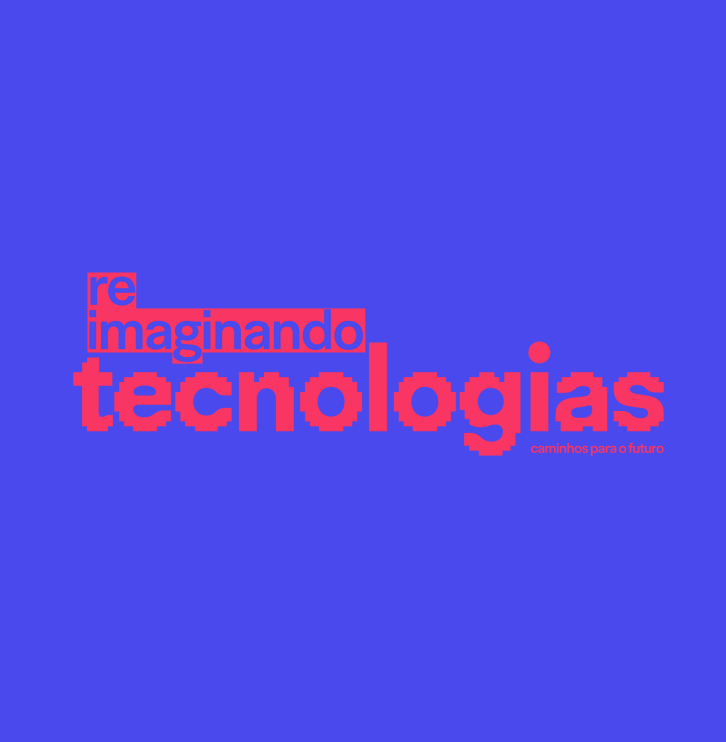
- Brazil, Latin America and the Caribbean (LAC)
- December 2024 - March 2025
- Partner(s): Eureka, Instituto da Hora (Funder)
The Book and Movie Club “(Re)Imagining Technologies: Paths to the Future” [(Re)Imaginando Tecnologias: Caminhos para o Futuro] by DPA, Instituto da Hora and Eureka explored how technology shapes our futures through curated materials (in Portuguese), live discussions, and an in-person event.
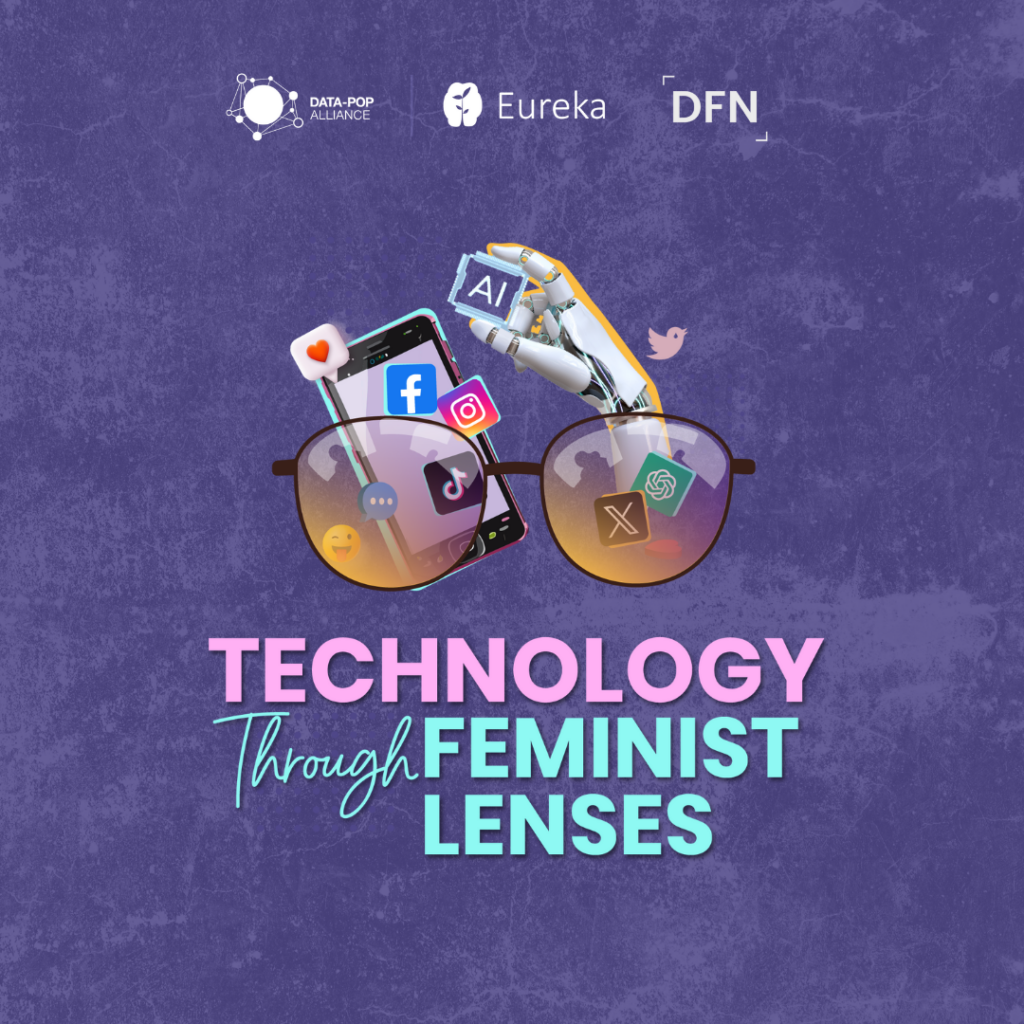
- Global
- January - April 2024
- Partner(s): Eureka, Patrick J. McGovern Foundation (Funder)
- Theme(s): Feminist AI and Data Governance
“Technology Through Feminist Lenses” is a trilingual Book and Movie Club by DPA and Eureka, supported by the Patrick J McGovern Foundation. Through curated content, it explored technology from intersectional feminist perspectives—addressing race, class, and gender—while fostering community and cross-cultural exchange among 700+ participants.
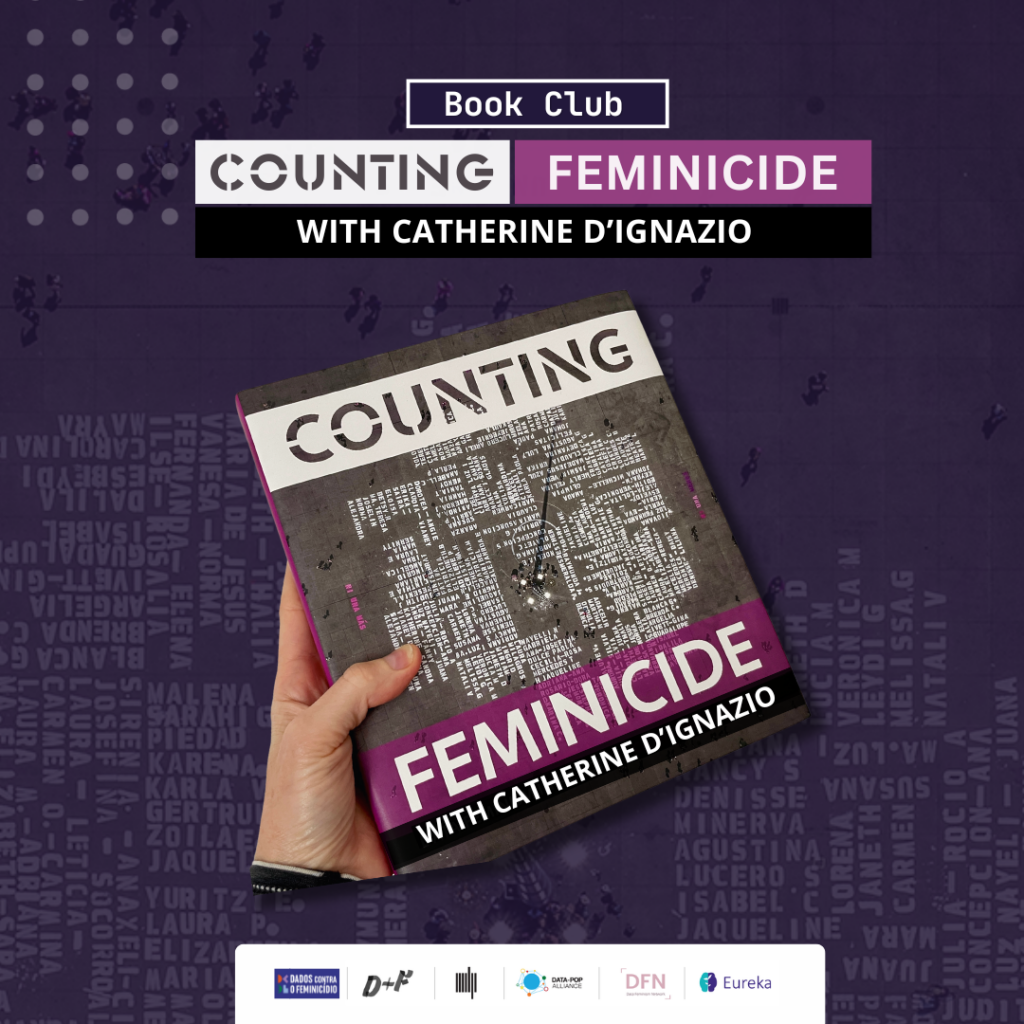
- Global, Latin America and the Caribbean (LAC)
- May - August 2024
- Partner(s): Catherine D’Ignazio, Data Against Feminicide Project, Data Feminism Network (DFN), Eureka, MIT Data + Feminism Lab, MIT Press (Funder)
- Theme(s): Gender-Based Violence (GBV) and Technology-Facilitated GBV
“Counting Femicide with Catherine D’Ignazio”, a multilingual Book Club supported by MIT Press, explored data activism and gender-based violence through the book “Counting Femicide: Data Feminism in Action“, by Catherine D’Ignazio. Featuring eight live sessions with the author, it brought together over 500 participants worldwide.
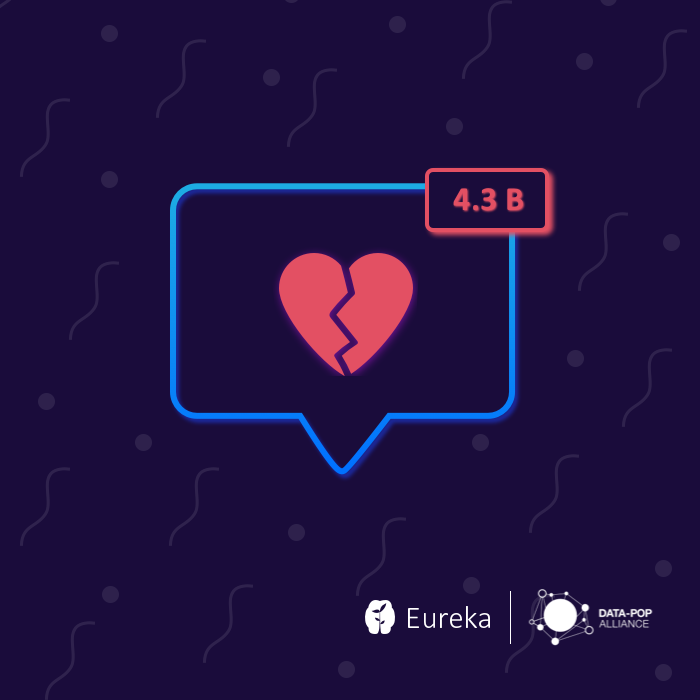
- Latin America and the Caribbean (LAC)
- November - December 2021
- Partner(s): Eureka
The Book and Movie Club “Networks’ Capitalism: Addiction, Disinformation and Violence”, by DPA and Eureka, focused on addiction, disinformation, and violence stemming from social media in the context of Latin America. It featured a panel discussion led by Paula Villarreal (Data Scientist & Full Stack Engineer), Matías González (Observatorio Legislativo del CELE), and Julie Ricard (Eureka Founder), and moderated by Ivette Yáñez (DPA).
Eureka Moment Workshops
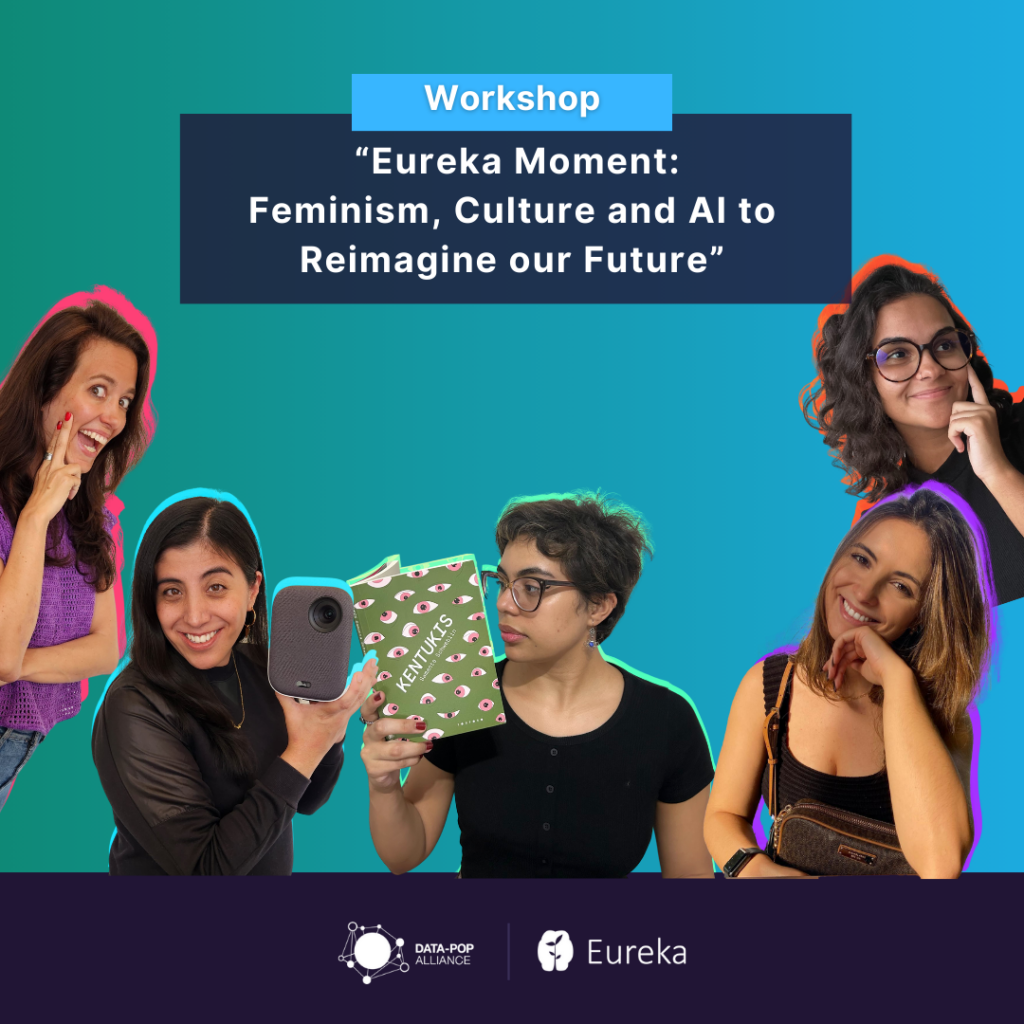
- Global, Latin America and the Caribbean (LAC)
- September 2023 - Ongoing
- Partner(s): Eureka
- Theme(s): Feminist AI and Data Governance
During these 2 hour sessions, we leverage the best of our experience conducting the trilingual Book and Movie Club “Technology Through Feminist Lenses” to conduct an interactive workshop titled “Eureka Moment: Feminism, Culture, and AI to Reimagine Our Futures”. The ultimate goal is to foster critical and transformative dialogue about artificial intelligence (AI) and technology through an intersectional feminist perspective by leveraging the Eureka methodology. The workshop has been presented at several international events, including MozFest 2023, the Code for All Summit 2023, CryptoRave 2024, Fórum da Internet No Brasil (FIB14) 2024, ACM FAccT 2024, and the Global Digital Development Forum (GDDF) 2024.
Transversal Projects
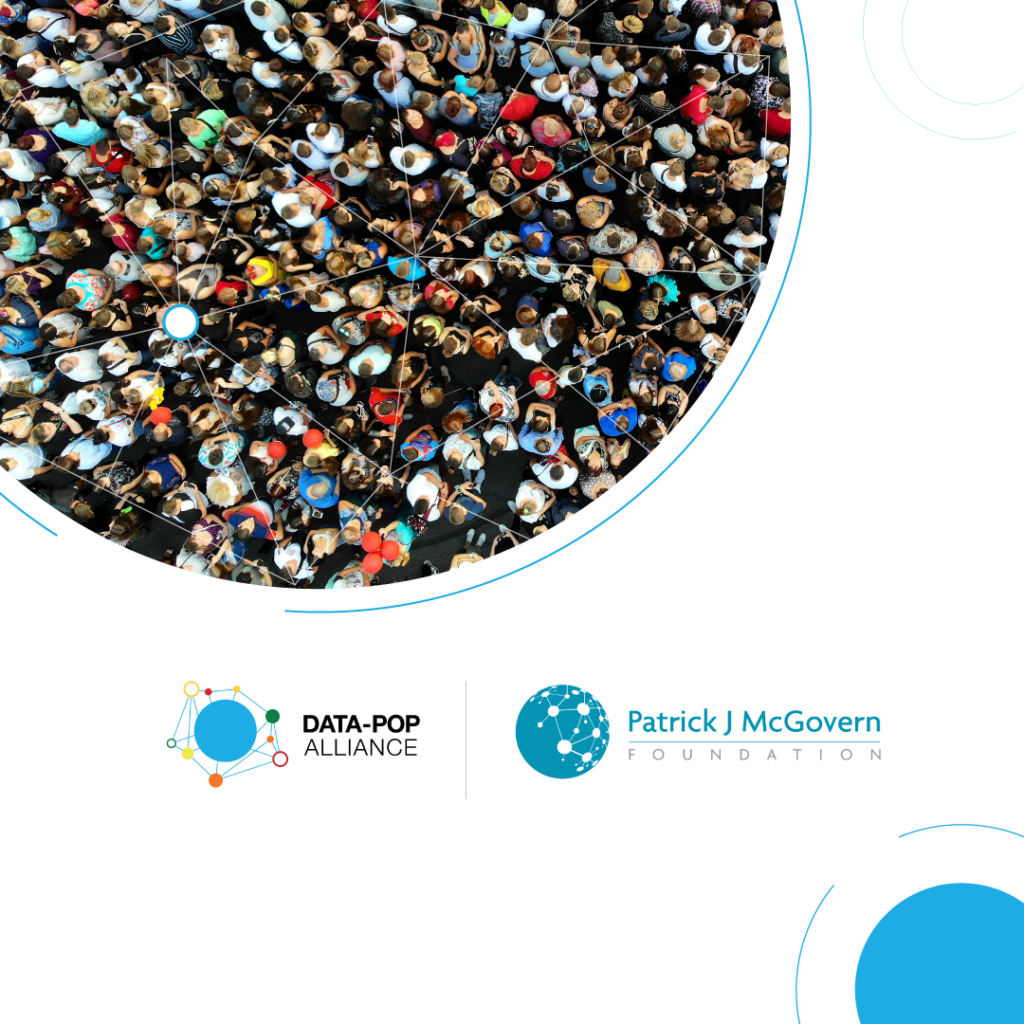
- Global
- 2023 - 2024
- Partner(s): Patrick J. McGovern Foundation (Funder)
The Patrick J. McGovern Foundation granted $400,000 to DPA to support key projects. For the Technology and Democracy Program, this grant funded our “Infocracy Studies,” which aimed to address the implications of Generative Artificial Intelligence (GAI) on the democratic process. Additionally, the grant enabled us to organize a Book and Movie Club that attracted over 700 participants worldwide. This club fostered essential discussions on the future amidst the AI revolution, viewed through an intersectional and feminist lens.
